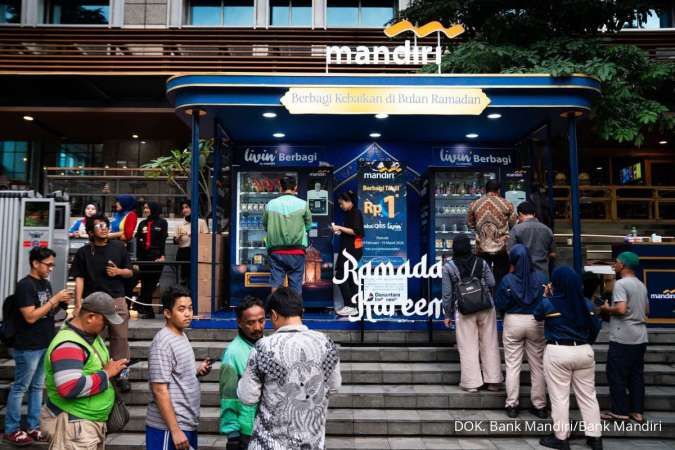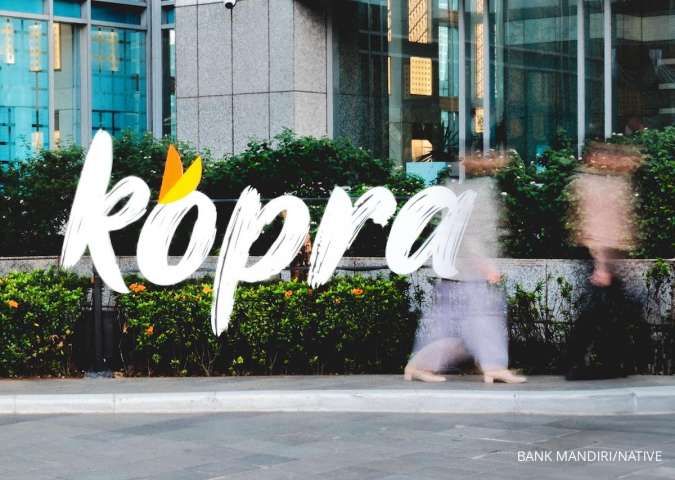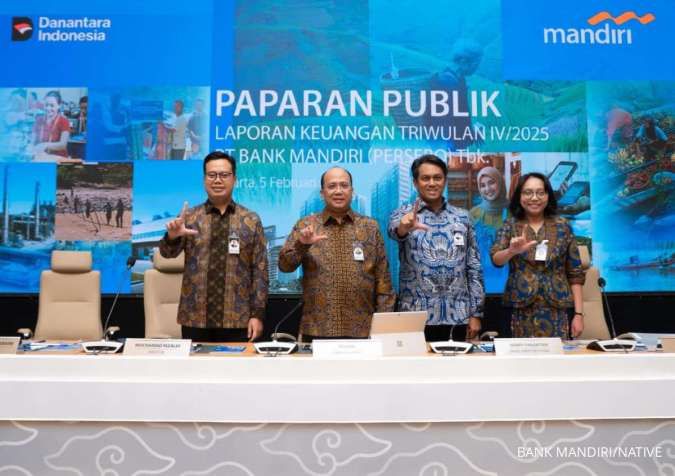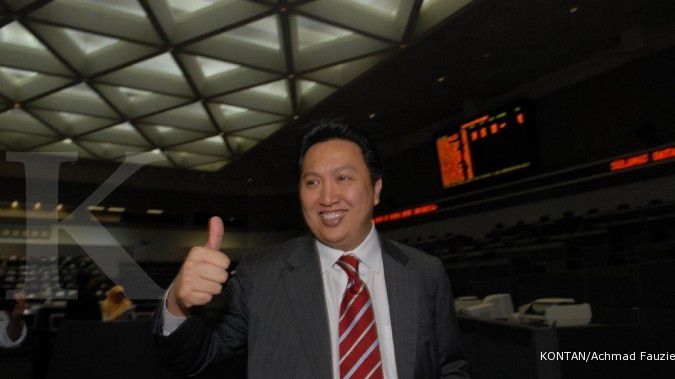JAKARTA. Indonesian food is less popular worldwide than that of its Asian peers like Chinese or Thai, but its popularity is likely to grow as a number of restaurant franchises have expanded overseas to take Indonesia’s unique cuisine to markets like Australia, Malaysia and Canada.Local food chain Bumbu Desa, famous for its wide array of Sundanese buffet-style food, for example, has opened four outlets in Malaysia since 2010 and plans to open four more in the neighboring country, where it also serves Minang cuisine adjusted to the taste buds of Malaysians, who share close ancestry with the Malay people of Sumatra. The outlets in Malaysia are operated by a local partner under a master franchise agreement.Among best-selling dishes in Malaysia are karedok (vegetable salad with peanut sauce), gurame pesmol (fried carp in coconut milk), rendang (beef cooked in spices and coconut milk) and Minang-style chicken cooked with green chili.The chain also plans to open its first outlet in Vancouver, Canada, this year.Satria Yanuar Akbar, the chain’s marketing and business development senior manager, said that Bumbu Desa would initially set up a joint venture with a local partner to develop its business in Canada, which, based on a survey, was quite receptive to spicy food as its inhabitants were highly influenced by Asian culture due various diasporas.“We will start by maintaining the strong Indonesian taste with minor adjustments only in serving techniques to meet demand from local customers,” he said. Instead of offering a buffet as in its Indonesian and Malaysian outlets, it will serve the food a la carte in Canada, he went on. After Canada, Bumbu Desa is eyeing Qatar and the United Kingdom as it next markets.The presence of its new overseas restaurants will add to the 57 outlets across 16 provinces it currently has nationwide, 39 of which are under the control of franchisees. Bumbu Desa is not the only Indonesian restaurant to find success overseas.Kebab Turki Baba Rafi, which offers Indonesian-style Turkish kebab, has been expanding aggressively in Malaysia and the Philippines, with 16 and five outlets respectively.Hendy Setiono, the founder and president director of PT Baba Rafi Indonesia, said that in the next three years, his food chain aimed to launch 100 outlets, in the form of stalls or restaurants, each in Malaysia and the Philippines“Expanding overseas is part of my ambition as an entrepreneur who wants to see a small enterprise like mine go international. So we are starting with neighboring countries as an entry point to reach other markets,” Hendy said, adding that it also planned to set up outlets in new locations — Thailand and Vietnam — this year. Locally, Kebab Turki Baba Rafi, which was established 10 years ago, controls more than 1,000 outlets across the archipelago, 85 percent of which are operated by franchisees and the remaining 15 percent by the firm. Just like any food entrepreneur, Kebab Baba Rafi also has to be flexible when it comes to taste.For instance, in contrast to Indonesian customers that like beef kebab, Malaysian customers are a big fan of chicken kebab. Adjusting to local tastes, the sauce is made to suit, with Filipinos being partial to sweet sauce, while Malaysians like it sweet and spicy. Indonesians, unsurprisingly, like their sauce hot.A household name, Es Teler 77, named after its flagship tropical fruit drink, plans to open three outlets through a joint venture with local partners in India this year; one of them in New Delhi. It also plans to open an outlet in Jeddah, Saudi Arabia, where the company will target Indonesians on the haj pilgrimage as some of its prospecting customers.“Of course, we see enormous untapped potential in Indonesia, but we want to extend our presence overseas as part of our branding strategy, which will be good to raise Es Teler’s profile as an international-class restaurant,” said Anton, the brother-in-law of founder Sukyatno Nugroho.Entering the overseas market in 1997, the restaurant chain currently operates eight restaurants abroad: two in Singapore, three in Malaysia and three in Australia. Initially finding Indonesian communities as a captive market, the chain is increasingly gaining a foothold among the general public, with Australians, for instance, accounting for half of its customers in the country. (Linda Yulisman/The Jakarta Post)
Resto franchises take Indonesian flavors abroad
JAKARTA. Indonesian food is less popular worldwide than that of its Asian peers like Chinese or Thai, but its popularity is likely to grow as a number of restaurant franchises have expanded overseas to take Indonesia’s unique cuisine to markets like Australia, Malaysia and Canada.Local food chain Bumbu Desa, famous for its wide array of Sundanese buffet-style food, for example, has opened four outlets in Malaysia since 2010 and plans to open four more in the neighboring country, where it also serves Minang cuisine adjusted to the taste buds of Malaysians, who share close ancestry with the Malay people of Sumatra. The outlets in Malaysia are operated by a local partner under a master franchise agreement.Among best-selling dishes in Malaysia are karedok (vegetable salad with peanut sauce), gurame pesmol (fried carp in coconut milk), rendang (beef cooked in spices and coconut milk) and Minang-style chicken cooked with green chili.The chain also plans to open its first outlet in Vancouver, Canada, this year.Satria Yanuar Akbar, the chain’s marketing and business development senior manager, said that Bumbu Desa would initially set up a joint venture with a local partner to develop its business in Canada, which, based on a survey, was quite receptive to spicy food as its inhabitants were highly influenced by Asian culture due various diasporas.“We will start by maintaining the strong Indonesian taste with minor adjustments only in serving techniques to meet demand from local customers,” he said. Instead of offering a buffet as in its Indonesian and Malaysian outlets, it will serve the food a la carte in Canada, he went on. After Canada, Bumbu Desa is eyeing Qatar and the United Kingdom as it next markets.The presence of its new overseas restaurants will add to the 57 outlets across 16 provinces it currently has nationwide, 39 of which are under the control of franchisees. Bumbu Desa is not the only Indonesian restaurant to find success overseas.Kebab Turki Baba Rafi, which offers Indonesian-style Turkish kebab, has been expanding aggressively in Malaysia and the Philippines, with 16 and five outlets respectively.Hendy Setiono, the founder and president director of PT Baba Rafi Indonesia, said that in the next three years, his food chain aimed to launch 100 outlets, in the form of stalls or restaurants, each in Malaysia and the Philippines“Expanding overseas is part of my ambition as an entrepreneur who wants to see a small enterprise like mine go international. So we are starting with neighboring countries as an entry point to reach other markets,” Hendy said, adding that it also planned to set up outlets in new locations — Thailand and Vietnam — this year. Locally, Kebab Turki Baba Rafi, which was established 10 years ago, controls more than 1,000 outlets across the archipelago, 85 percent of which are operated by franchisees and the remaining 15 percent by the firm. Just like any food entrepreneur, Kebab Baba Rafi also has to be flexible when it comes to taste.For instance, in contrast to Indonesian customers that like beef kebab, Malaysian customers are a big fan of chicken kebab. Adjusting to local tastes, the sauce is made to suit, with Filipinos being partial to sweet sauce, while Malaysians like it sweet and spicy. Indonesians, unsurprisingly, like their sauce hot.A household name, Es Teler 77, named after its flagship tropical fruit drink, plans to open three outlets through a joint venture with local partners in India this year; one of them in New Delhi. It also plans to open an outlet in Jeddah, Saudi Arabia, where the company will target Indonesians on the haj pilgrimage as some of its prospecting customers.“Of course, we see enormous untapped potential in Indonesia, but we want to extend our presence overseas as part of our branding strategy, which will be good to raise Es Teler’s profile as an international-class restaurant,” said Anton, the brother-in-law of founder Sukyatno Nugroho.Entering the overseas market in 1997, the restaurant chain currently operates eight restaurants abroad: two in Singapore, three in Malaysia and three in Australia. Initially finding Indonesian communities as a captive market, the chain is increasingly gaining a foothold among the general public, with Australians, for instance, accounting for half of its customers in the country. (Linda Yulisman/The Jakarta Post)





